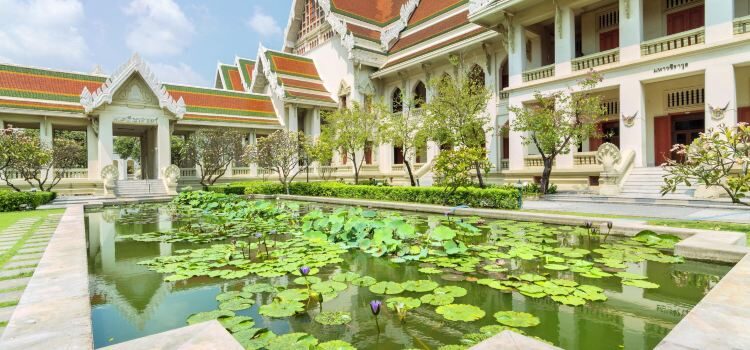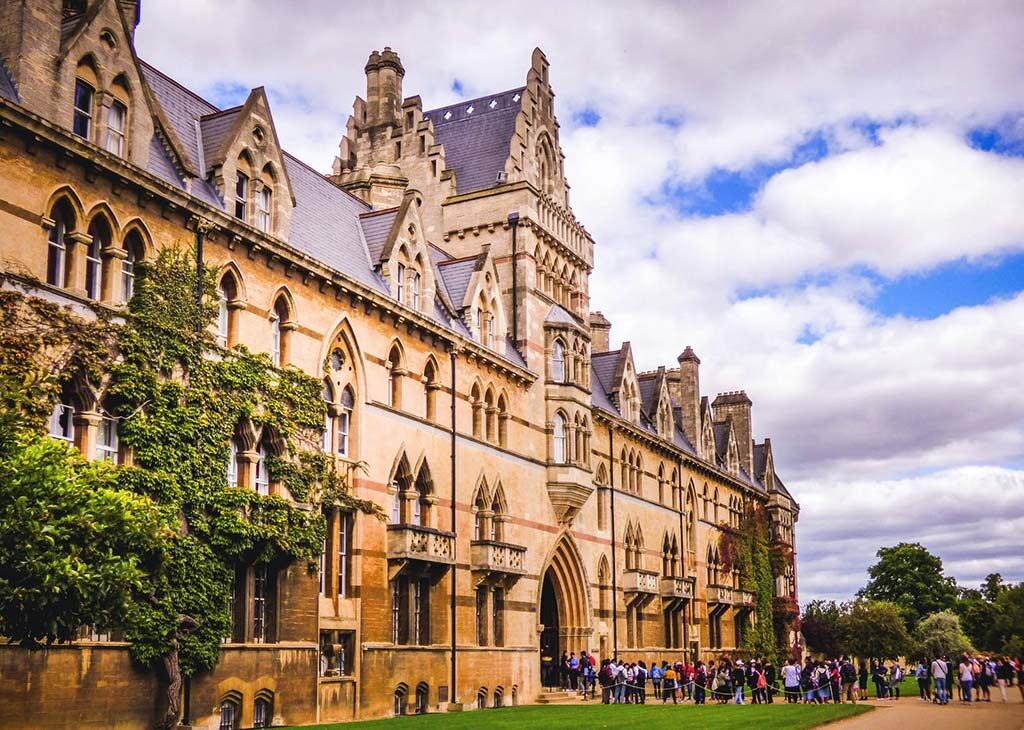The International Baccalaureate® (IB) Diploma Programme (DP) is an assessed programme for students aged 16 to 19. It is respected by leading universities across the globe including the USA, UK, Australia, New Zealand, Singapore and Thailand just to name a few. The programme aims to develop students who have excellent breadth and depth of knowledge – students who flourish physically, intellectually, emotionally and ethically.
Research suggests that there are many benefits to choosing the Diploma Programme (DP). The programme aims to develop students who have excellent breadth and depth of knowledge—students who flourish physically, intellectually, emotionally and ethically.










